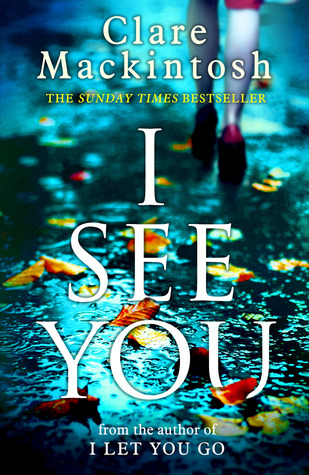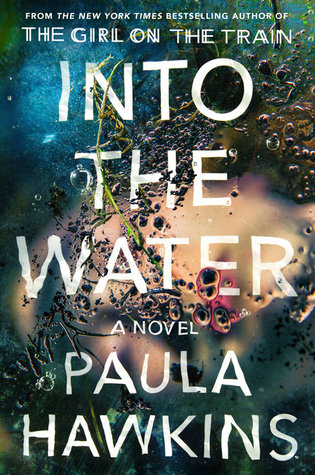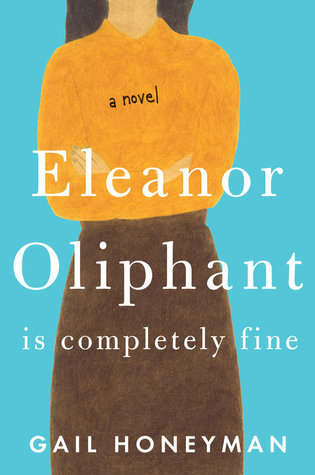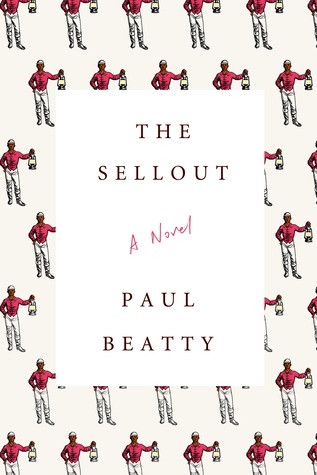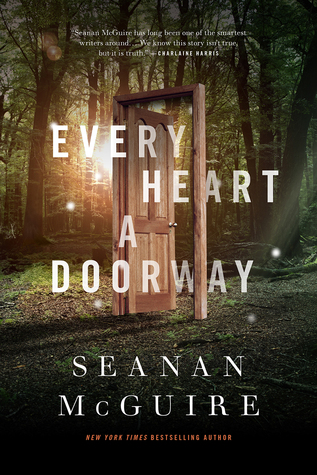
The Negima series follows the academic life of Negi, a young(10 year old) wizard who has one last task to complete before he becomes a master wizard. Oddly that task is being the English task to a middle school class consisting of 31 girls. While acting as a teacher, Negi also is searching for clues about what happened to his father.
Negima is classified as a harem, romantic comedy. In terms of content, or illustrations, it certainly qualifies as ecchi, and possibly even further along that spectrum. Like most manga rated ecchi or higher, I found that it wasted story line development to show more skin. I found this manga to be rather slow developing, but with enough action to still keep it interesting. I eventually gave up reading this series, as one by one, all of the girls Negi is supposed to be teaching, fall in love with him. After that it takes on a really creepy teacher-student vibe that is unsettling to say the least.
I cannot say that I would recommend Negima to anyone, but nor would I try to talk people out of reading it, it is just meh to me.
